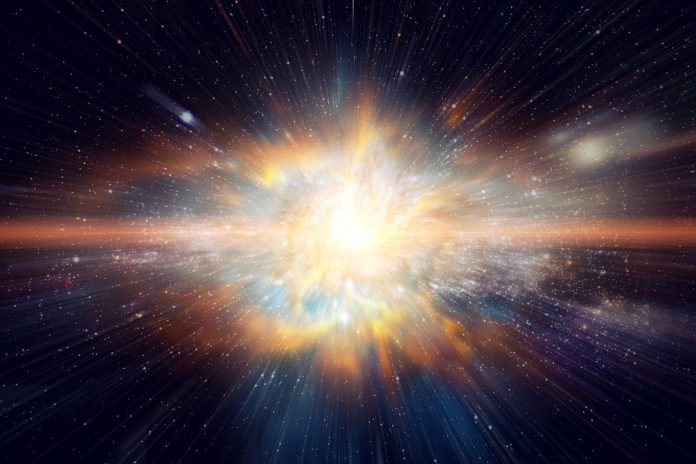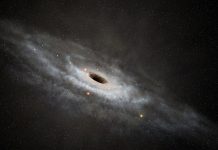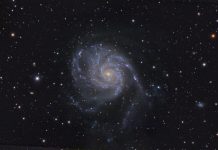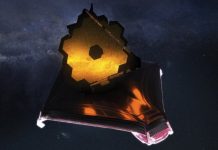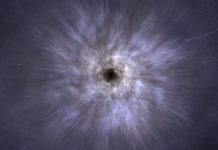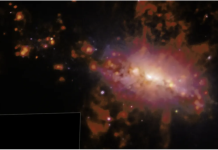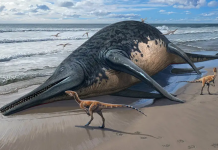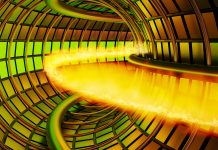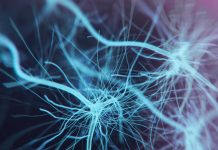Physicists from University College London (UCL) have put forth a theory to adapt the longstanding clash between two foundational pillars of modern physics, quantum theory and Einstein’s theory of general relativity
The ongoing challenge in physics has been to harmonise these two theories, each governing different aspects of the universe.
Quantitative theory deals with the microscopic realm and general relativity, explaining gravity through the curvature of spacetime.
Previous approaches focused on modifying Einstein’s theory to align with quantum mechanics, but UCL’s new theory challenges this consensus.
Quantum theory vs general relativity
Led by Professor Jonathan Oppenheim, the theory proposes an alternative perspective, suggesting that spacetime may remain classical, untouched by quantum principles.
Named a “postquantum theory of classical gravity,” it argues that the breakdown in predictability lies within quantum theory itself, leading to random and violent fluctuations in spacetime.
These fluctuations, larger than those predicted by quantum theory, make the precise measurement of object weight unpredictable.
To put their theory to the test, UCL researchers proposed an experiment. The experiment involves measuring a mass with extreme precision to observe potential fluctuations in its weight over time.
Quantum gravity
The outcome of this experiment, or any evidence confirming the nature of spacetime, is the subject of a ongoing debate between Professor Oppenheim and proponents of other quantum gravity theories, such as string theory and loop quantum gravity.
The UCL research group has tested the theory’s implications over the past five years.
Professor Oppenheim emphasizes the significance of resolving the mathematical incompatibility between quantum theory and general relativity, stating, “Now that we have a consistent fundamental theory in which spacetime does not get quantized, it’s anybody’s guess.”
Verifying the quantum nature of spacetime
The proposed experiment aims to determine whether spacetime has classical attributes by detecting random fluctuations in mass, offering an alternative approach to experiments aiming to verify the quantum nature of spacetime through gravitationally mediated entanglement.
The theory also extends beyond gravity, challenging the conventional “measurement postulate” of quantum theory.
While acknowledging the experimental challenges, the researchers express optimism about the potential to unveil the fundamental nature of spacetime within the next two decades.
The UCL team’s postquantum theory opens new avenues for exploring the interplay between quantum particles and classical spacetime, pushing the boundaries of our understanding of the laws governing the universe.
Editor's Recommended Articles
-
Must Read >> Einstein Telescope: A unique chance for Europe


